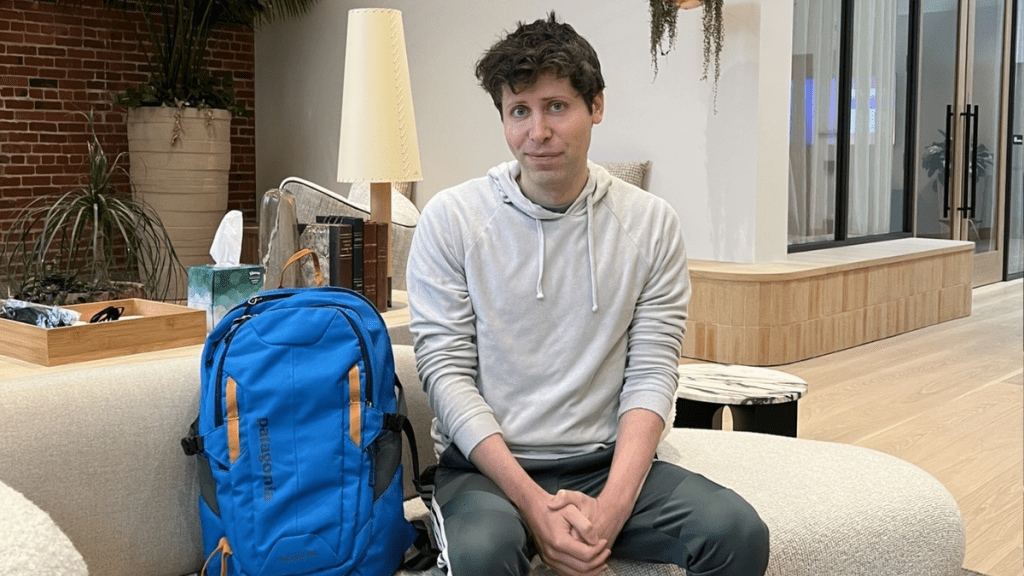AI is evolving day by day and is slowly and steadily replacing humans in some jobs already. The AI startup OpenAI, which launched one of the most advanced AI LLM models, ChatGPT-5 is already alarming people to skill up. The CEO of OpenAI has already said this multiple times in various talk shows and interviews.
However, Sam Altman, the CEO of the AI startup OpenAI was seen recently on a television show called “The Tucker Carlson Show”. During the show, Sam Altman said that people working in the Customer Service Industry are the first ones to lose their to AI’s.
Sam Altman, replying to a question, said, “I’m confident that a lot of current customer support that happens over a phone or computer, those people will lose their jobs, and that’ll be better done by an AI.” Among other things, he said this was the most concerning. He also pointed to programmers as possibly being next, adding his controversial view that job turnover may happen much faster than usual: “This is going to be like a punctuated equilibria moment where a lot of that will happen in a short period of time.”
Here are the key careers Altman believes could lose out when AI advances further:
1 Customer service/support agents (phone or computer-based)
2 Programmers/software engineers (routine coding tasks)
However, Sam Altman also mentioned jobs which are unlikely to disappear, which are:
1 Care roles needing human empathy, such as nursing and healthcare providers
2 Roles requiring reassurance or emotional connection
Why will certain jobs be redundant?
In his interview, Altman explained that many parts of customer support are repetitive and follow predictable scripts which AI can automate more efficiently. He also noted that although many believe “if you’re good you’ll make it”, the scale and speed of change may be far greater than past job shifts. He’s not dismissing all roles in programming but suggests parts of those roles where the tasks are standard or less about creative or judgment work could decline.
Meanwhile, many industry watchers caution that fully replacing human agents is harder than it seems. Firms like those in Gartner’s studies warn that by 2027, about half of organisations planning big cuts in support staff will abandon or scale back those plans.
What impact does it have on job seekers and students?
If you’re building a career plan, these insights matter:
1 Emphasise skills humans do best, like empathy, ethics, and judgement. Careers with a human connection are safer.
2 Broaden your toolkit. Even programmers should build non-routine problem-solving, design thinking, user experience, and systems thinking.
3 Stay adaptable. Continuous learning, shifting roles, and taking hybrid tasks (AI + human) will be more resilient.
AI will not finish jobs but transform job roles!
Sam Altman’s prediction isn’t alarmist; it’s a signal. Customer support and routine programming are under pressure. Jobs based on human warmth, care, emotional nuance won’t disappear. For students, professionals and education policy makers: the lesson is clear. Build for what AI can’t easily replicate is connection, creativity, judgment so you don’t lose out as the job market reshapes.







